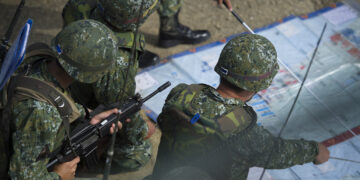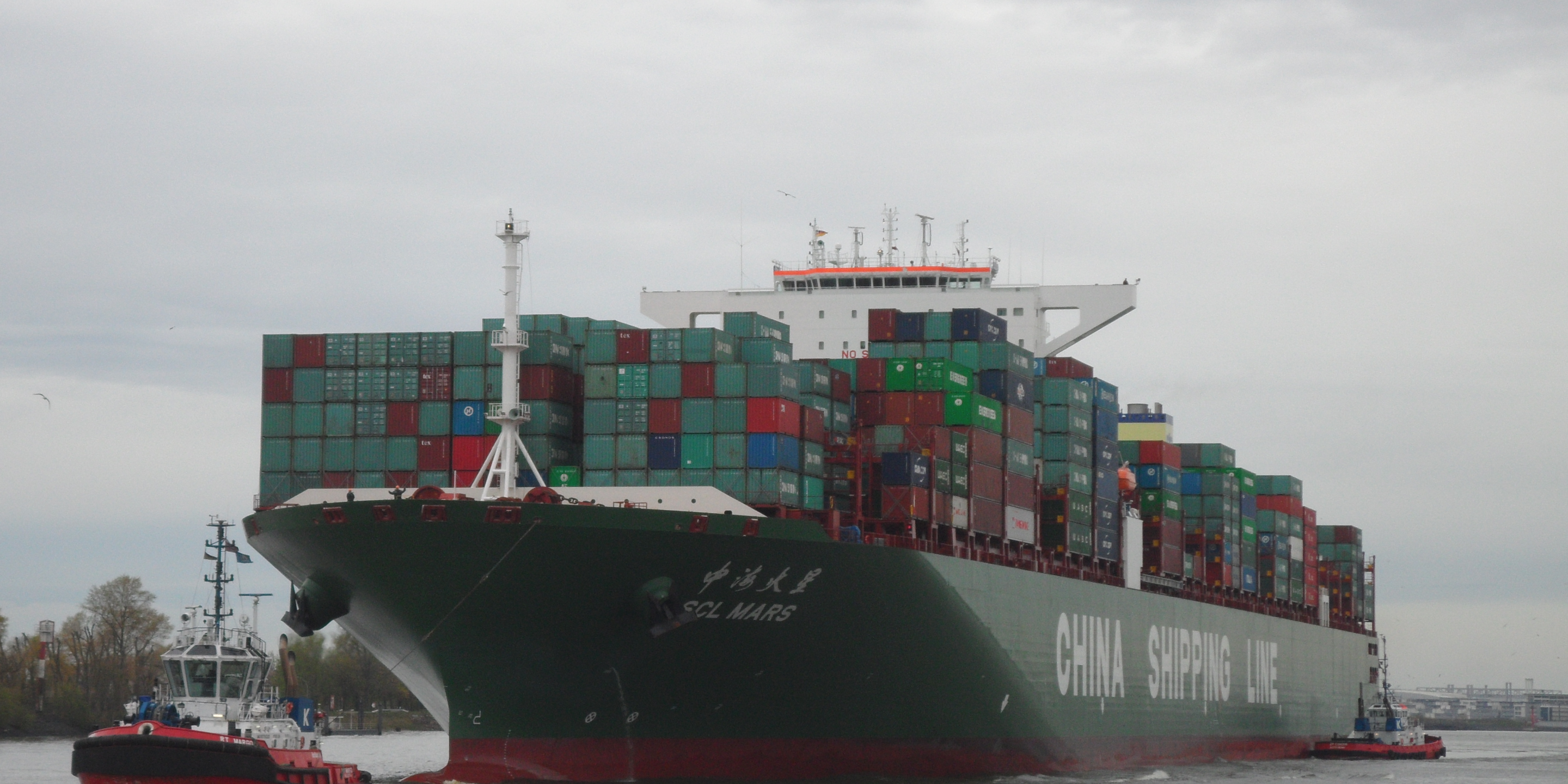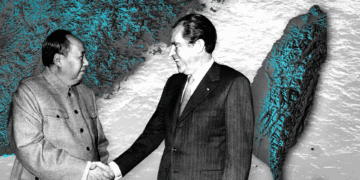After two days of talks, the U.S. and China have reportedly reached a deal to substantially lower tariffs for the next 90 days. Beijing will reduce duties on U.S. imports from 125% to 10%, while tariffs on Chinese goods entering America will be cut from 145% to 30%.
Any deal to reduce tariffs on Chinese imports will naturally please American consumers, not to mention businesses fearful of sharp price increases and empty store shelves. But this deal will be equally important for the opportunity it creates to stabilise the security relationship between the two rival powers. With tensions rising in the Taiwan Strait, the South China Sea, and waters around Japan, the Trump administration should use the opening created by the successful Geneva summit to press forward on what might be its most important task: preventing a war between the United States and China.
When Donald Trump returned to the White House in January, those hoping for an improvement in Sino-American security ties were optimistic. Trump had a good rapport with Chinese President Xi Jinping during his first term, and seemed interested in forging mutually beneficial deals with Beijing in his second term—even if they broke from U.S. foreign policy convention. The American president billed himself as a “peacemaker” and promised to keep the country out of foreign wars, including in Asia. Though asked multiple times, Trump refused to follow former president Joe Biden in committing U.S. military support to Taiwan if the island were attacked by China.
The “Liberation Day” tariffs placed on China quickly dampened this optimism. As the two countries spiralled into tit-for-tat tariff increases, the appetite for bilateral discussion around regional security concerns shrank. The security implications of the trade war were severe, despite being overshadowed by the economic fallout. Most importantly, worsening economic relations between the rival nations risked spillover into the military domain, while simultaneously cutting off the communication channels that might prevent a regional crisis from escalating into a full-blown conflict.
More on Asia

Featuring Jennifer Kavanagh
October 4, 2025

Featuring Jennifer Kavanagh
September 29, 2025








